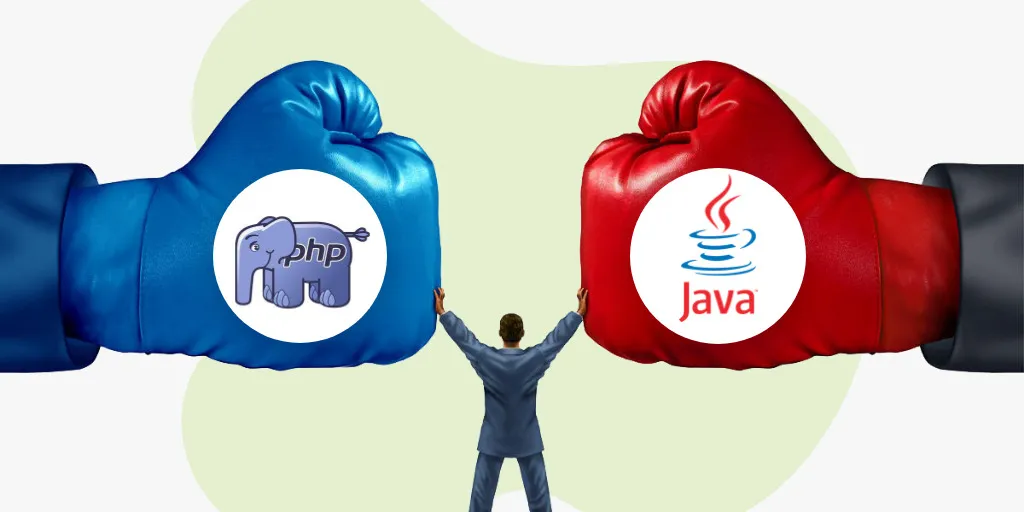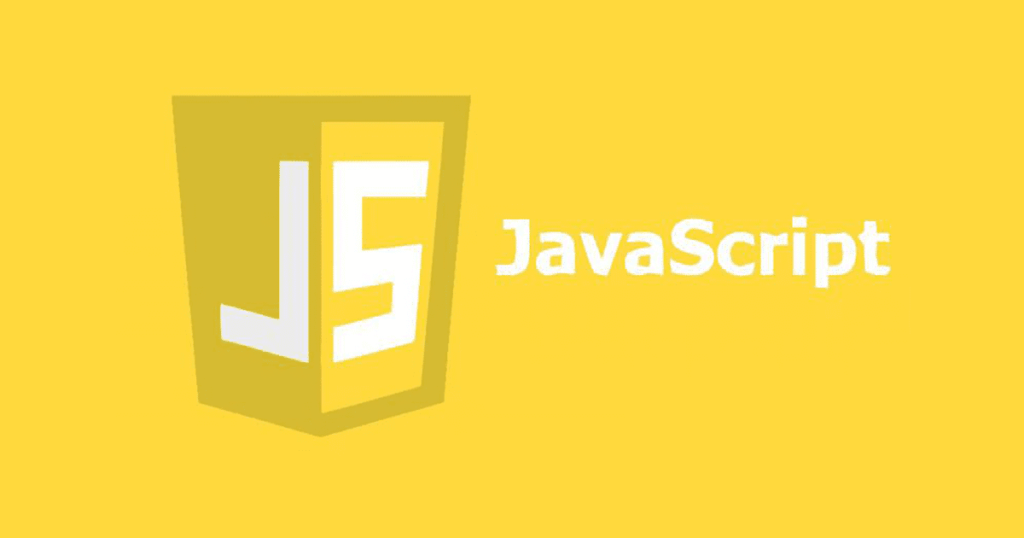PHP vs JavaScript For Web Development

PHP vs JavaScript: both giants of the programming world. When combined, both languages power up the entire internet with thousands of websites using one or both of these languages.
When JavaScript started to gain popularity, it was primarily due to its easier syntax and compatibility with HTML and CSS.
At the time, it was considered a front-end language with PHP being considered a backend language.
But everything changed when the Node.JS arrived.
It gave a new perspective to how developers viewed JavaScript. What was previously a front-end language is now moving towards full-stack status.
This is where our story begins. JavaScript’s expansion into the server-side opened up a debate in the dev community. Which programming language was better? Js or PHP?

While both are object-oriented, there are major differences between the architecture, syntax, and functionalities. Let’s break it down for you in bits.
PHP

So, PHP, also known as hypertext processor with the term “hypertext” denoting anything that’s displayed on your browser screen, is a server-side scripting language.
Yes, it’s a scripting language, but it’s also called a programming language. Used by developers for creating websites, applications, and even games, PHP helps you develop programs that are robust, powerful, and scalable.
The last part, “scalable” holds importance here. You see, if you’re looking to create large-scale websites, then you should use PHP. Its feature-rich environment and CMS support help you create highly interactive and extensible pages.
In addition to being interactive and extensible, PHP is also available in other platforms like Linux, Unix, Windows, and Mac.
Choose CODUP for advanced PHP development services.

JavaScript

If you’re looking to create interactive web pages, then there’s no going beyond JavaScript. For creating dynamic web pages, JavaScript is the language that helps you do just that.
In addition to creating websites, JavaScript allows you to create web applications, games, pdfs, and a variety of other programs.
You don’t need to compile JavaScript for its work. That’s the major selling point of the platform. It makes things efficient and saves time. On top of that, it also has a variety of solutions on the server-side with Angular and Node.js built within the browser. It’s supported by nearly all platforms available today.
The following table can prove helpful in understanding both the platforms in an in-depth manner:
Below are application comparisons between PHP and JavaScript:
| PHP | JavaScript |
| PHP is used for the backend only. | Used for both front-end and back-end purposes. |
| Synchronous development language. | Asynchronous development language. |
| Cannot run without server support. | Runs without a server and through the command line. |
| Integrates with HTML only. | Integrates with HTML, XML, and Ajax. |
Also Read:
- Django Vs Laravel: An In-Depth Breakdown of Two Powerful Frameworks
- Java vs .NET – Which is Better for Software Developers? A Beginners Guide
- 7 Reasons Why PHP is Best Choice for Web Development Project
Web Development
Yes, while the statistics show that PHP has the upper hand with regards to usage with 79 out of 100 websites using some level of PHP code for their server-side applications, it’s partly due to age and the legacy nature of PHP. Among the top-ranked websites 77% use PHP.
At the same time, statistics also show that in terms of client-side scripting, 95/100 websites use JavaScript for their client-side processes. This shows a clear indication of where JavaScript is heading.
PHP vs JavaScript: Modifications
Ownership and modifications work differently in both PHP and JavaScript. While both are built-in with open-source standards, the way they are modified and extended is very different.
PHP, like most open-source languages, is open to the public. The code is readily available for anyone looking to create frameworks or extend the main PHP code. Similar to how Linux expanded into so many flavors (Kali, Ubuntu, Fedora, Arch) you can extend PHP significantly from its original form. It’s because of this fact that frameworks like Laravel and Symfony came into being. The only problem with this is that because PHP is in the public domain and nobody is governing its usage, cracks can get into the system easily. However, the community is very active and ensures that the website code is regularly maintained.
Then you have JavaScript, which is a proprietary program that’s built with open standards. It’s not fully in the public domain but follows the best practices of the open-source community. The proprietary part comes in when you go about modifying it. You have to be a part of ECMA and W3C international when it comes to maintenance.
Concurrency
Concurrency in programming is the process of code execution.
In it, you have different units of a program being executed out of order or in a single flow. The final piece of code that is run, however, remains the same.
Now PHP and JavaScript both handle concurrency differently.
With PHP code, you have multithreaded blocking input/output that multi-tasks simultaneously which means that the final code runs only when the sub-threads are processed.
JavaScript is concurrent, but it only has a single thread functionality with non-block i/o execution.
Integration with External Code
Within an application or a website, PHP can only be integrated alongside HTML.
On the other hand, you have JavaScript which can be integrated with Ajax, XML, and HTML.
Ease of Learning
How easy it is to learn both PHP and JavaScript depends on what kind of application or idea a user has for a website or application.
When it comes to functionality, PHP is easy to use and effective. There are over a thousand built-in functions available today and, for the most part, are easily accessible online.
For JavaScript, you need to have additional features like event queues, syntax, statements, as well as other features. In addition to that, JavaScript is asynchronous.
When to Use PHP vs JavaScript
Both PHP and JavaScript are very high-end languages. As discussed in the introduction, you can create a high-end website with both.
But the answer to when you should use PHP or JavaScript depends on which technology stack you’re using. Ideally, PHP is best for the LAMP (Linux, Apache, MySQL, and PHP) stack.
Moreover, if you’re using content management systems like Joomla or Drupal, or even WordPress, then you can use PHP for that as well.
If you’re looking to make dynamic applications, website development and fully customized software in a controlled environment, then JavaScript is quite possibly your best choice.
Conclusion
In this post, we discussed the differences and similarities of PHP vs JavaScript. Before you begin, however, you need to do in-depth research on which programming language would be best for a project before you start.



